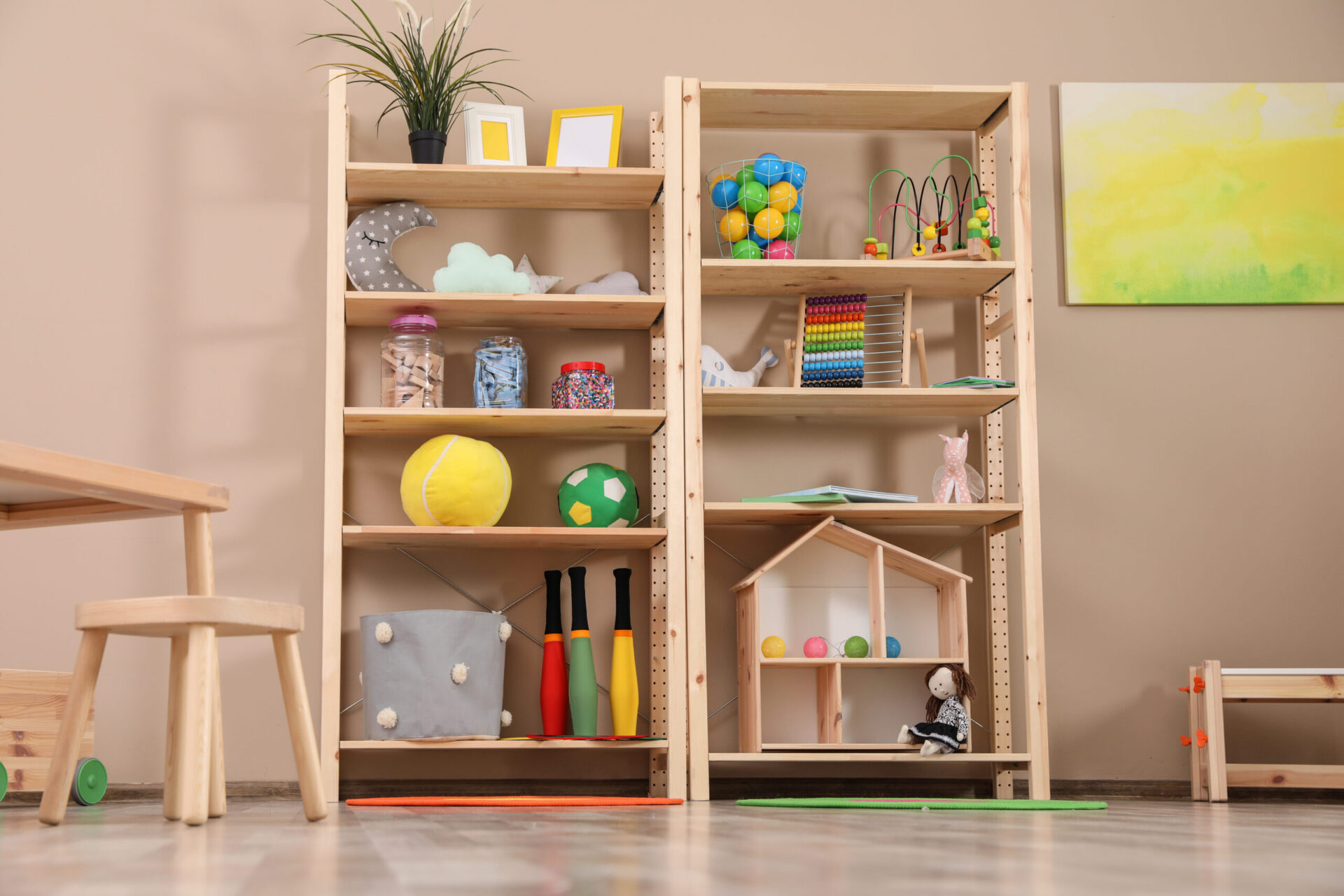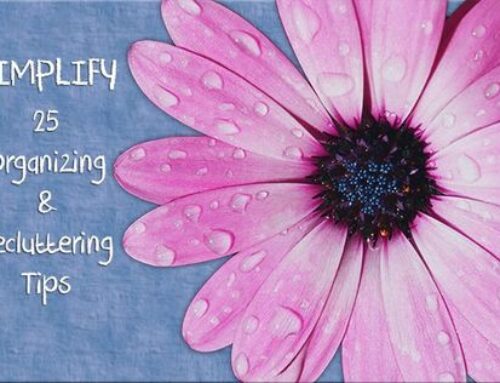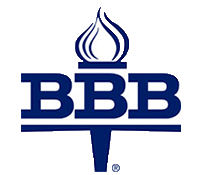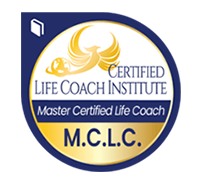Individuals with Obsessive-Compulsive Disorder (OCD) often have a strong desire for order, cleanliness, and symmetry. Organizing a home for someone with OCD can involve specific strategies to address their concerns and alleviate anxiety related to obsessions and compulsions.
Here are some tips for organizing a home for someone with OCD:
Clear and Defined Spaces:
Clearly define spaces and their purposes to avoid ambiguity and reduce uncertainty. Having designated areas for specific activities can help create a sense of order.
Regular Cleaning Routine:
Establish a regular and systematic cleaning routine. Regular cleaning can help alleviate concerns about germs and contamination, which are common obsessions for individuals with OCD.
Storage Solutions:
Use efficient storage solutions such as labeled containers, bins, and organizers. Clearly marked storage spaces can make it easier to maintain order and keep items in their designated places.
Decluttering:
Minimize unnecessary items to reduce visual clutter. Discard or donate items that are not essential or regularly used. A clutter-free environment can help reduce anxiety and make it easier to focus on specific organizational tasks.

Symmetry and Order:
Arrange items symmetrically and in a specific order. This can be particularly important for individuals with OCD who may feel distressed by asymmetry or irregular arrangements.
Checklists and Schedules:
Create checklists and schedules to help individuals with OCD stay organized. Having a clear plan for daily tasks and responsibilities can provide a sense of control and structure.
Labeling:
Use labels for containers, drawers, and shelves. Clear labeling can help individuals with OCD quickly identify where items belong and reduce anxiety associated with uncertainty.
Avoidance of Triggers:
Identify and minimize exposure to specific triggers that may exacerbate OCD symptoms. This could include avoiding certain items, colors, or arrangements that may trigger obsessive thoughts.
Organization by Category:
Organize items by category to create a systematic approach. For example, group similar items together in designated areas, making it easier to locate and access what is needed.
Professional Support:
Seek the assistance of a professional organizer in NJ or therapist experienced in working with OCD. They can provide guidance, support, and strategies tailored to the individual’s specific needs.
It’s essential to recognize that OCD symptoms can vary widely among individuals, and what works for one person may not be applicable to another. Working collaboratively with the individual and considering their specific concerns and triggers can contribute to the development of an effective organizational plan. Additionally, if OCD symptoms are significantly impacting daily life, seeking guidance from mental health professionals is crucial for comprehensive support and treatment.
Why do people with OCD have a hard time organizing their home?
People with Obsessive-Compulsive Disorder (OCD) may experience difficulties organizing their homes due to the nature of their obsessive thoughts and compulsive behaviors. OCD is characterized by intrusive, unwanted thoughts (obsessions) and repetitive behaviors or mental acts performed to reduce anxiety (compulsions).

Here are some reasons why individuals with OCD may find it challenging to organize their living spaces:
Perfectionism:
Many individuals with OCD have a tendency towards perfectionism. They may feel compelled to organize and arrange items in a specific way, and the fear of making a mistake or not achieving perfection can lead to procrastination or avoidance.
Compulsive Checking:
Some individuals with OCD have compulsions related to checking. They may repeatedly check and recheck items, making it difficult to complete organizing tasks efficiently.
Fear of Contamination:
For those with contamination-related obsessions, the fear of germs or contamination may interfere with their ability to touch or organize certain items. This fear can result in avoidance behaviors, making it challenging to organize spaces effectively.
Indecisiveness:
Individuals with OCD may struggle with indecisiveness, particularly when it comes to making decisions about where items should go or how they should be organized. This indecisiveness can lead to a sense of being stuck and unable to proceed with organizing tasks.
Rituals and Compulsions:
Compulsive rituals, such as arranging items in a specific order or counting them, can disrupt the organizing process. These rituals may need to be performed repeatedly, making it difficult to complete tasks in a timely and efficient manner.

Fear of Harm or Responsibility:
Some individuals with OCD may have obsessions related to causing harm to themselves or others. This fear, combined with a sense of responsibility to prevent harm, can interfere with decision-making and organization.
Avoidance of Triggers:
Certain items or spaces may serve as triggers for distressing obsessions. Individuals with OCD may avoid these triggers, making it challenging to address and organize those specific areas.
Time-Consuming Compulsions:
Compulsions associated with OCD can be time-consuming. For example, arranging items in a specific way or repeatedly checking that things are in order may take up a significant amount of time, leaving less time for overall organization.
Emotional Distress:
The emotional distress caused by obsessions and the need to perform compulsions can make it challenging for individuals with OCD to focus on the practical aspects of organizing their living spaces.
Need for Symmetry:
Some individuals with OCD have a strong need for symmetry or balance. This can lead to excessive rearranging or organizing efforts to achieve a perceived sense of balance.
It’s important for individuals with OCD to work with mental health professionals, such as therapists or psychiatrists, who can provide support, guidance, and evidence-based treatments, including Cognitive Behavioral Therapy (CBT) and exposure and response prevention (ERP). These therapeutic approaches can help individuals manage their OCD symptoms and work towards more effective and less distressing organizational habits.
Call the top professional organizing company in NJ, Kirna Consulting at (908) 375-3108 for a FREE needs assessment or Contact Us today.








